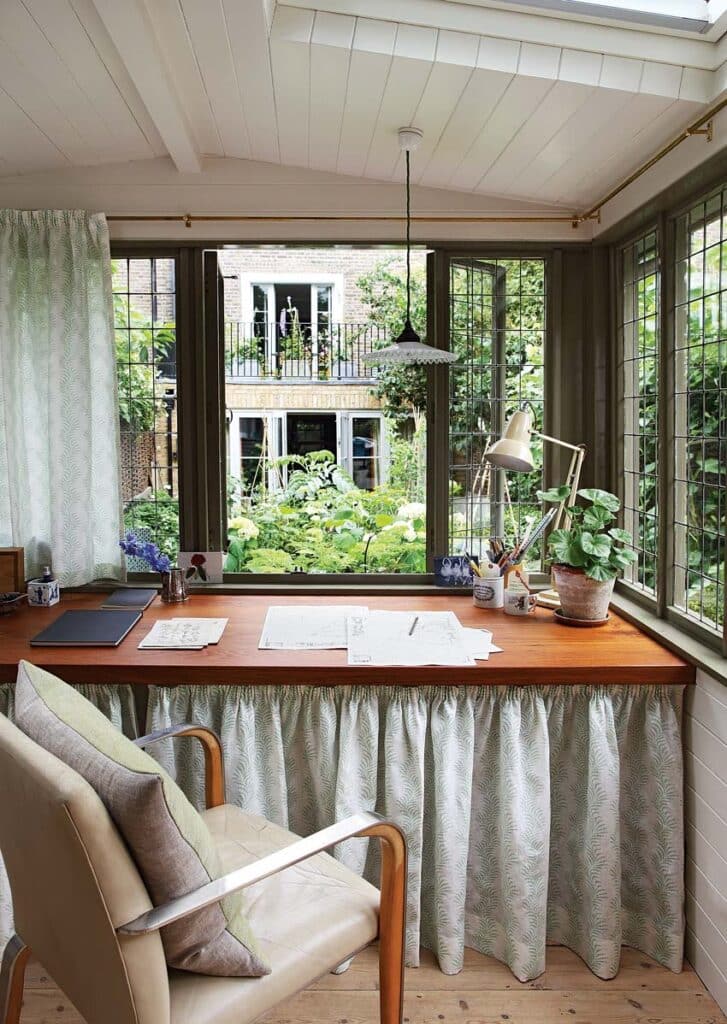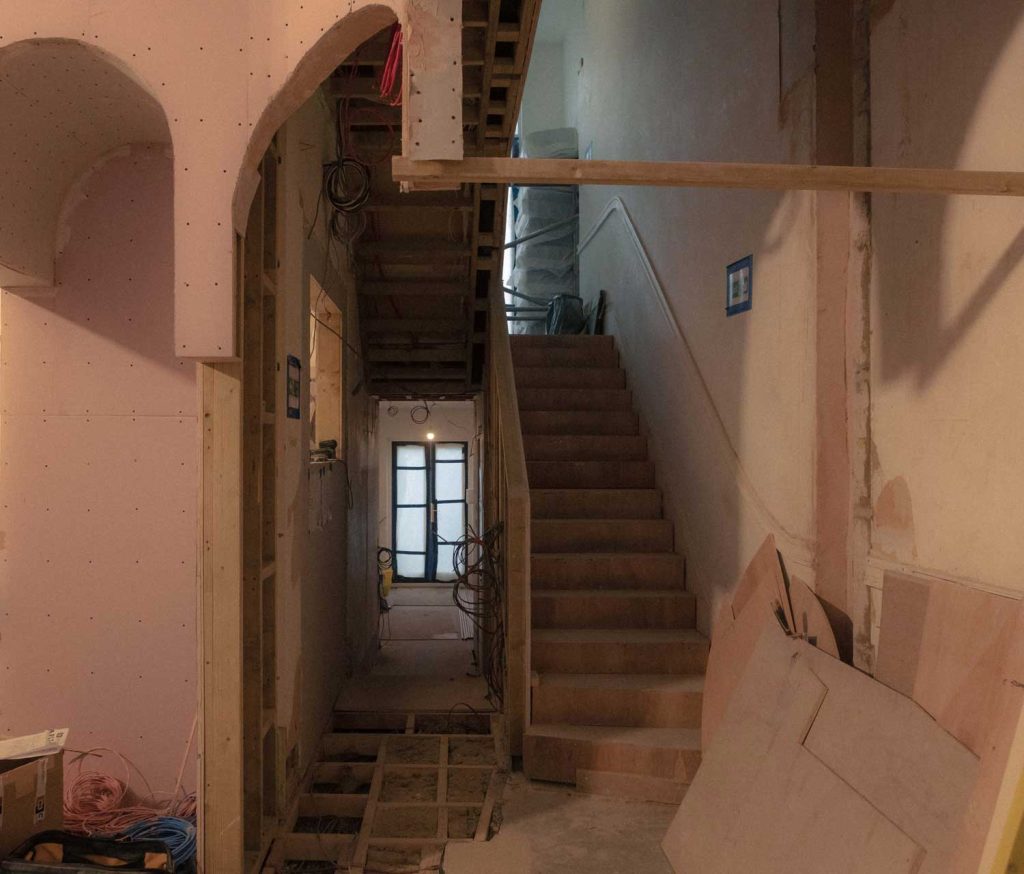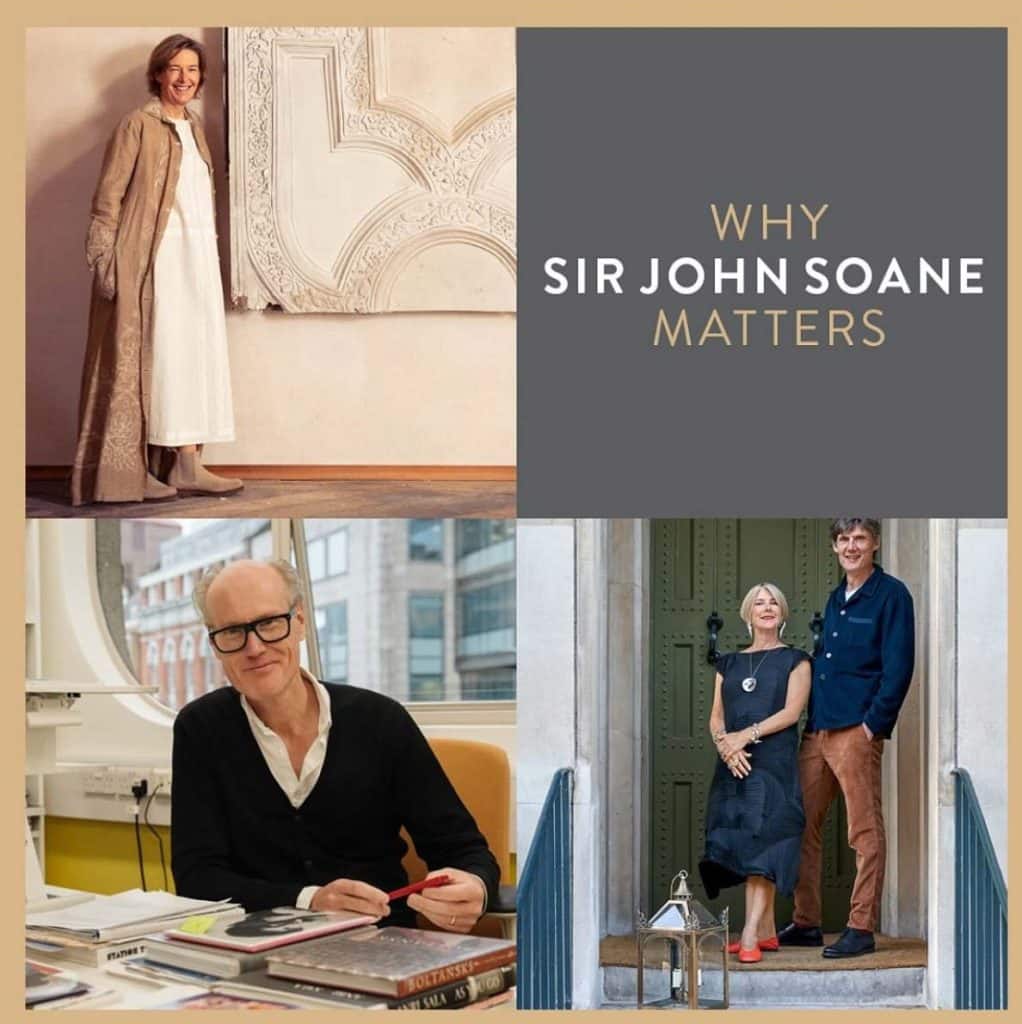In June RETROUVIUS hosted ‘White on Light’, an exhibition celebrating summer light and natural forms; featuring textiles by Kirsten Hecktermann, embroidery by Dhahabu Ngumbao Dadu and Alvaro Picardo’s hand-painted lampshades.
Through working with Kirsten over the past two decades, we’ve been introduced to her collaborative work with Dhahabu Ngumbao Dadu and the ways in which embroidery has provided her with life-changing opportunities. We wanted to take the chance to share how this collaboration came to be and the ways in which it has shaped Dhahabu and her family’s life.

Kirsten was born in Kenya where she first met Dhahabu through her husband Ngala, who works as a carer for Kirsten’s father. Dhahabu had never received formal training in embroidery or craft, and whilst Kirsten has taught her to sew, she has never influenced or guided her designs.
Set free with different threads and fabrics, it was immediately obvious that Dhahabu possessed an innate sense for design. With each visit Kirsten simply continued to teach her new types of stitch and provided more fabric and threads.

In 2012 Dhahabu’s work was exhibited for the first time at the Centre for Recent Drawing in London and in Japan in 2019. As her work has evolved, it remains visually evocative and entirely uncontrived. More recently Dhahabu has returned to using basic locally milled Kenyan cloth that she first started out with.
Through her embroidery work Dhahabu has become increasingly financially independent and secure. Her daughter Raheli is now following in her footsteps and learning to sew too; all of which, Kirsten acknowledges, is a testament to the capability of stitch to empower women and communities.

Dhahabu and Raheli will receive 100% of the proceeds from the work they have shared through White on Light. Dhahabu has already sold several thousand pounds worth of work which will repay a loan that was taken out to complete the building of her home. Her story is a fantastic example of the ways that empowering women to govern their own finances creates positive ripples through a community.
From originally living in a small hut with a palm leaf roof that required replacing every few years, Dhahabu has been able to build a much larger home that now has a durable, corrugated roof that can be used to collect rainwater. With money from her first exhibition she purchased some land and from her second exhibition she was able to build three rooms to provide boarding for teachers in her nearest township Kilifi. Her hope is to create more space that can be used by children who travel to the school from remote areas. Raheli’s current dream is to attend nursing college and the funds raised will help to support her education – so far enough to pay for a year’s schooling.

In Kenya there is no pension scheme and so renting the rooms will also provide Dhahabu with income into her older age. When talking about her life as it is today, Dhahabu says she didn’t imagine that someone with no education could be given such an opportunity for long-term security.
Kirsten will be continuing to help sell Dhahabu’s work which will be displayed on her Instagram. You can view current available works in Kirtsen’s instagram highlights.



